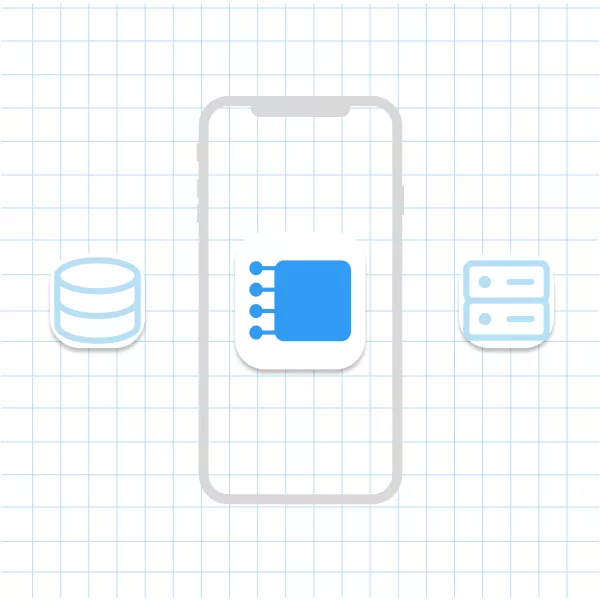Hybrid, native, and cross-platform app development are three approaches to building mobile apps. Each approach has its own advantages and disadvantages, and the choice of which approach to use will depend on a number of factors, including budget, development time, and desired features and functionality. Let’s look at each one.
Hybrid App Development
This is a popular approach that uses web technologies such as HTML, CSS, and JavaScript to create apps that can run on multiple platforms. Hybrid apps are typically wrapped in a native container that allows them to access native device features, such as the camera and accelerometer. It’s worth noting that this app development approach is relatively easy and cost-effective, but it may not offer the same level of performance or user experience as native app development.
Pros and Cons
Pros:
- Lower development costs
- Faster development time
- Easier maintenance
Cons:
- Limited native functionality
- Limited performance
- Limited access to device hardware and APIs
Native App Development
Native app development involves building apps using platform-specific programming languages, such as Swift for iOS and Kotlin for Android. This approach offers the best performance and user experience, as well as access to all device hardware and APIs. However, native app development is time-consuming and expensive, as separate codebases are required for each platform.
Pros and Cons
Pros:
- Best performance and user experience
- Access to all device hardware and APIs
- Platform-specific functionality
Cons:
- Higher development costs
- Longer development time
- More complex maintenance
Cross-platform App Development
Cross-platform app development frameworks, such as React Native, Xamarin, and Flutter, offer a hybrid approach that combines elements of native and web app development. These frameworks allow developers to write code once and deploy it on multiple platforms while still offering the performance and user experience of native apps. Frameworks that are considered as cross-platform may not offer access to all device hardware and APIs and may require a learning curve for developers.
Pros and Cons
Pros:
- Lower development costs than native app development
- Faster development time than native app development
- Access to some platform-specific functionality
Cons:
- May require a learning curve for developers
- May not offer access to all device hardware and APIs
- May not offer the same performance as native apps
Conclusion
Ultimately, the choice of which app development approach to use will depend on the specific needs and goals of the business. Hybrid app development is ideal for companies with limited budgets and a need for faster development time, while native app development is ideal for companies that prioritize performance and user experience. Cross-platform app development frameworks offer a balance between the two approaches.
Get in touch and let’s help you figure out the best approach to get your app built.
Gain insights into how we helped Abt Associates on the SHOPS Plus project here.

